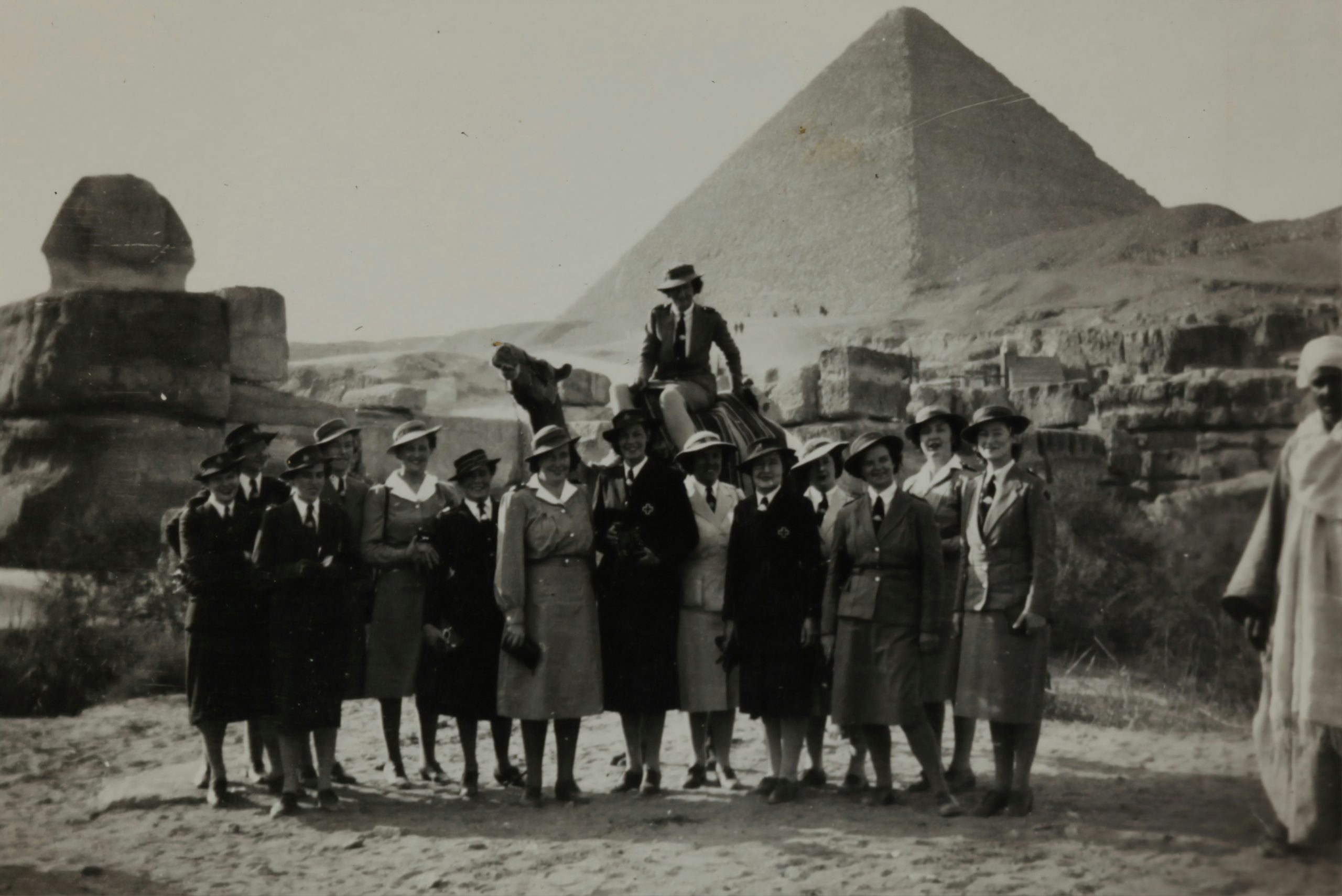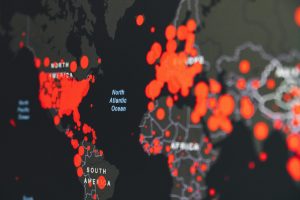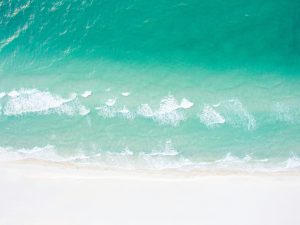The Comprehensive Guide to Neurodiversity and Global Exploration Strategies
Neurodiversity is a term that has gained recognition in recent years, referring to neurological differences in individuals including but not limited to autism, dyslexia, ADHD, and Tourette syndrome. These differences are often misunderstood and stigmatized, leading to challenges in many aspects of life, including global exploration. However, with a growing understanding and appreciation for neurodiversity, there are now strategies and resources available to make global exploration an accessible and enriching experience for all. In this comprehensive guide, we will explore neurodiversity and how it can impact global exploration, as well as provide tips and strategies for neurodivergent individuals to successfully navigate their journeys abroad.
The Impact of Neurodiversity on Global Exploration
Neurodiversity can present unique challenges when it comes to navigating new cultures and environments. For individuals with conditions such as autism or ADHD, sensory overload and difficulty with social cues can make it challenging to adapt to new surroundings. Those with dyslexia may struggle with language barriers and written communications, while those with Tourette syndrome may face challenges related to tics and stigmatization.
These challenges can also be compounded for individuals with multiple neurodivergent conditions. For example, someone with both autism and ADHD may have a difficult time focusing during group activities while also struggling with social interactions. As a result, global exploration may seem like an overwhelming and daunting prospect.
However, it’s important to recognize that neurodiversity is not a hindrance, but rather a unique way of experiencing the world. With the right accommodations and support, neurodivergent individuals can thrive in global exploration and bring their own perspectives and strengths to the table.
Tips for Successful Global Exploration as a Neurodivergent Individual
1. Plan and Prepare Ahead of Time
One of the keys to navigating global exploration successfully is to plan and prepare ahead of time. This can include researching the destination, the culture, and any potential challenges or accommodations that may be needed. For example, someone with autism may want to research the level of noise and overstimulation in their destination and plan accordingly, while someone with dyslexia may want to research any language resources available.
In addition, it may be helpful to connect with other neurodivergent individuals who have had similar experiences in the destination and can provide insights and tips. This can be done through online communities or support groups.
2. Communicate Your Needs and Boundaries
It’s essential to communicate your needs and boundaries to those you will be traveling with or to any program coordinators. This can help ensure that accommodations are made and that everyone is on the same page. For example, if you have Tourette syndrome and are worried about potential tics and reactions from those around you, it may be helpful to communicate this ahead of time to alleviate any concerns.
Additionally, it’s important to set personal boundaries and communicate them to others. This can include setting aside time for breaks and alone time, expressing any food or sensory sensitivities, and letting others know how to best communicate with you.
3. Embrace Your Unique Perspective
As a neurodivergent individual, you bring a unique perspective to global exploration. Embrace this and don’t be afraid to share your thoughts and insights with others. Your unique way of experiencing the world can offer a valuable perspective and contribute to a more diverse and inclusive global community.
You can also use your strengths and interests to your advantage. For example, someone with ADHD may thrive in fast-paced and adventurous environments, while someone with dyslexia may have a knack for creativity and visual expression. Utilize your strengths to make the most out of your global exploration experience.
Resources for Neurodiverse Travelers
Thankfully, there are now many resources available for neurodiverse individuals to make global exploration more accessible and enjoyable. Some of these include:
1. Organizations and Programs
There are now organizations and programs specifically tailored for neurodiverse individuals to experience global exploration. These can range from alternative education programs to inclusive travel groups and can provide a supportive and understanding community for neurodiverse travelers.
2. Online Resources
The internet has opened up a wealth of resources for neurodiverse individuals to research, plan, and connect with others for global exploration. This can include online support groups, blogs, and websites with tips and advice for navigating different destinations.
3. Accommodations and Support Services
In many destinations, there are now accommodations and support services available for neurodiverse individuals. These can include sensory-friendly spaces, accessibility services, and accommodations for specific neurodivergent needs.
In Conclusion
Neurodiversity should not be viewed as a barrier to global exploration, but rather a diverse and valuable perspective to contribute to the global community. By recognizing and embracing neurodiversity, as well as utilizing available resources and strategies, neurodivergent individuals can successfully navigate global exploration and bring their unique perspective to the world.











